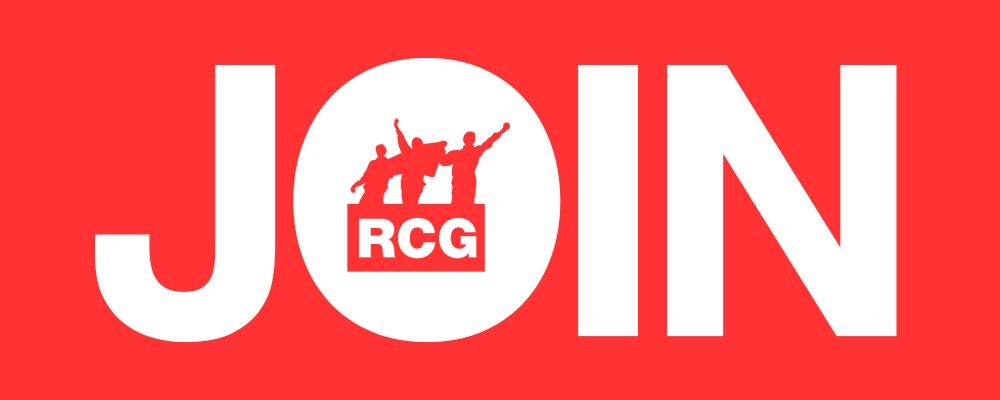In January, at the World Socialist Forum in Porto Alegre, Brazil, President Chavez said: ‘We must reclaim socialism as a thesis, a project and a path, but a new type of socialism, a humanist one, which puts humans and not machines or the state ahead of everything.’ He described the US government as ‘the most negative force in the world today’. On 27 February Chavez stated that he was convinced ‘that the path to a new, better and possible world is not capitalism, the path is socialism’. On 4 March he declared that his government was determined to ‘invent the new socialism of the 21st century. Capitalism is not a sustainable model of development’.
Chavez knows that the only way to prevent the resurgence of the previous system of injustice for the vast majority of Venezuelans is to rapidly develop a state designed to meet the needs of the masses. The numerous attempts on the President’s life, the US-backed attempts to remove his government by military coup, economic sabotage and a special referendum, all fed by a campaign of media abuse, have taught Chavez this. In March, Chavez bluntly stated that further attempts to assassinate him would mean a complete halt to oil supplies to the US. 60% of Venezuela’s oil goes to the US.
The claim of a right to ‘pre-emptive’ action against any opponent of US imperialism is nothing new, and the Venezuelan government has taken steps to deter continuing US interference. The investigation into 400 people who signed the ‘Carmona Decree’ disbanding Venezuela’s supreme court, National Assembly and new Constitution during the 2002 defeated coup, continues, despite November’s assassination of the State Prosecutor. On 7 March raids on one of the suspect’s family properties discovered anti-tank mines, police uniforms and large quantities of explosive. Given the previous capture of saboteurs from armed fascist groups in Colombia, the army’s reserve is to be doubled to 100,000 troops. Popular defence units of 50 to100 workers, are being set up in work places.
Rejecting continued dependence on US weapons, helicopters and rifles are being bought from Russia, planes from Brazil and naval corvettes from Spain. The Venezuelan military have discussed with their Latin American counterparts and support the strategy of using non-US suppliers, preferably regional. The reactionary Miami Herald declared ‘Chavez arms for war with the US’.
Diversifying trade links is a priority. Deals with China, Iran and Brazil will reduce the hold the US has over Venezuela’s economy. Since December, China has access to Venezuela’s oil and gas fields and will build 15 new well-head sites. Discussions are planned on using the Panamanian oil pipeline to the Pacific. Plans to construct a joint pipeline through Colombia were stymied when Colombian agents, directed by the US, kidnapped the FARC revolutionary movement’s negotiator in Caracas.
Venezuela’s joint strategy of establishing a modern armed force democratically subject to Congress, and a determination to strengthen international alliances to reduce its dependency on the US, has enraged Washington. The US Secretary of State and Director of the CIA led a chorus of denunciations of Venezuela. In March, US warships conducted manoeuvres off the Venezuelan coast.
Venezuela is the only net importer of food on the continent. Agricultural self-sufficiency is key to freeing the country from the political chains of food imports. Land reform is proceeding cautiously combining expropriation and redistribution with promoting proper farming techniques to the new peasant co-operatives. Three British Vestey Group land holdings are marked for expropriation.
Alvaro Michaels
FRFI 184 April / May 2005



